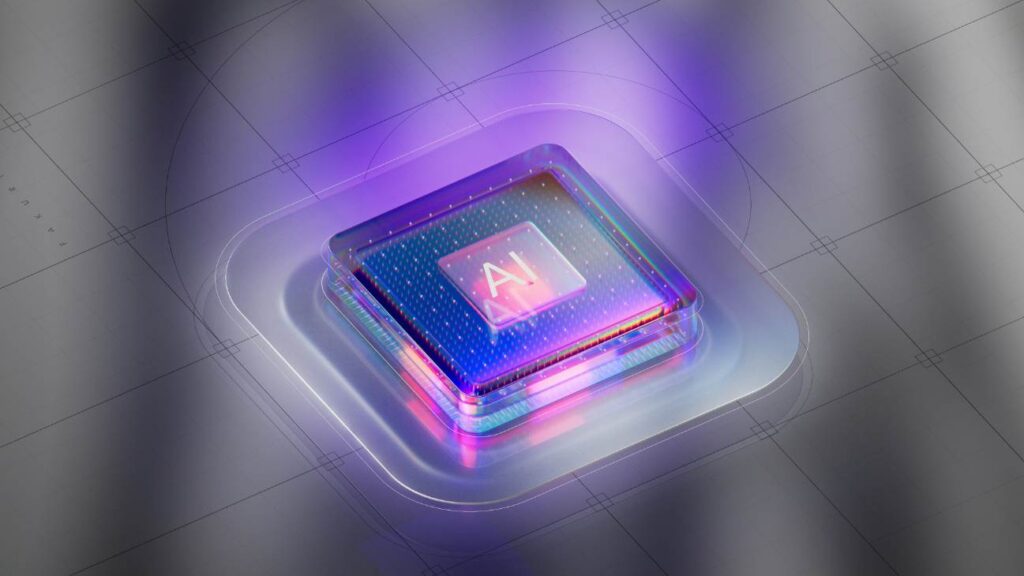In recent years, artificial intelligence (AI) has revolutionized numerous industries, and marketing is no exception. The integration of AI in automated marketing has enabled businesses to enhance their strategies, optimize campaigns, and improve customer engagement. This article delves into the latest trends, solutions, and applications of AI in automated marketing, highlighting its impact on the industry and offering insights into its future.
.
**The Rise of AI in Marketing Automation**
The marketing landscape has evolved dramatically with the advent of AI technologies. Automated marketing platforms now leverage AI algorithms to analyze consumer behavior, segment audiences, and personalize content. According to a report by Statista, the global marketing automation market is expected to reach $8.42 billion by 2027, driven by the increasing demand for personalized marketing experiences.
.
AI algorithms can process vast amounts of data at unprecedented speeds, allowing marketers to gain insights that were previously unattainable. For instance, AI can analyze customer interactions across multiple channels, identifying patterns and preferences that inform targeted marketing strategies. This level of personalization not only improves customer satisfaction but also boosts conversion rates, making AI an essential tool for modern marketers.
.
**Trends Shaping AI in Automated Marketing**
Several key trends are shaping the future of AI in automated marketing. One of the most significant trends is the rise of predictive analytics. By utilizing historical data and machine learning algorithms, marketers can forecast future consumer behavior and tailor their campaigns accordingly. This proactive approach enables businesses to stay ahead of the competition and deliver relevant content to their audiences.
.
Another trend is the increasing use of chatbots and virtual assistants in customer service and engagement. AI-powered chatbots can handle customer inquiries in real-time, providing instant responses and freeing up human resources for more complex tasks. According to a study by Gartner, by 2025, 75% of customer service interactions will be powered by AI chatbots, highlighting their growing importance in automated marketing strategies.
.
**Solutions Powered by AI**
To harness the power of AI in automated marketing, businesses are turning to various solutions that streamline processes and enhance efficiency. One such solution is customer relationship management (CRM) systems integrated with AI capabilities. These systems can analyze customer data to identify trends, enabling marketers to create targeted campaigns that resonate with their audience.
.
Additionally, AI-driven content creation tools are gaining traction. These tools can generate personalized content based on user preferences, optimizing engagement and driving conversions. For example, platforms like Copy.ai and Jasper utilize natural language processing (NLP) to create compelling marketing copy, saving time and resources for marketing teams.
.
**Industry Applications of AI in Marketing**
The applications of AI in marketing are vast and varied. In the e-commerce sector, AI algorithms analyze consumer behavior to recommend products, enhancing the shopping experience and increasing sales. For instance, Amazon’s recommendation engine uses AI to analyze purchase history and browsing behavior, suggesting products that customers are likely to buy.
.
In the travel industry, AI is transforming how companies engage with customers. Airlines and travel agencies leverage AI to personalize travel recommendations, optimize pricing strategies, and improve customer service. By analyzing data from various sources, AI can provide travelers with tailored suggestions, enhancing their overall experience.
.
**Technical Insights into AI-Driven Marketing Solutions**
The technical underpinnings of AI in automated marketing are complex yet fascinating. Machine learning, a subset of AI, plays a crucial role in analyzing data and making predictions. Marketers can utilize supervised learning algorithms to train models on historical data, allowing them to predict future outcomes based on past behavior.
.
Natural language processing (NLP) is another critical component of AI-driven marketing solutions. NLP enables machines to understand and interpret human language, facilitating the creation of chatbots and content generation tools. By analyzing customer interactions, NLP algorithms can identify sentiment and intent, allowing marketers to tailor their messaging effectively.
.
**AI-Driven Employee Productivity: Enhancing Workforce Efficiency**
As businesses increasingly adopt AI technologies, the impact on employee productivity is becoming evident. AI-driven solutions are streamlining workflows, automating repetitive tasks, and empowering employees to focus on higher-value activities. This section explores how AI enhances workforce efficiency and the implications for businesses.
.
**The Role of AI in Workforce Optimization**
AI is revolutionizing workforce optimization by automating mundane tasks that consume valuable employee time. For example, AI-powered tools can handle data entry, scheduling, and report generation, allowing employees to dedicate their efforts to strategic initiatives. A study by McKinsey found that up to 45% of work activities could be automated using existing technologies, underscoring the potential for increased productivity.
.
Moreover, AI can enhance decision-making processes by providing data-driven insights. By analyzing performance metrics and employee productivity, AI systems can identify areas for improvement and recommend strategies to optimize workflows. This level of analysis empowers managers to make informed decisions that drive organizational success.
.
**AI in Employee Training and Development**
Another significant application of AI in enhancing employee productivity is in training and development. AI-driven learning platforms can personalize training programs based on individual employee needs, ensuring that each team member receives the support necessary to excel in their roles.
.
For instance, platforms like Coursera and LinkedIn Learning utilize AI algorithms to recommend courses tailored to employees’ skills and career goals. This personalized approach to training not only boosts employee engagement but also fosters a culture of continuous learning within organizations.
.
**Amazon Web Services (AWS) AI: Pioneering the Future of AI Solutions**
Amazon Web Services (AWS) has emerged as a leader in providing AI solutions that empower businesses to harness the power of artificial intelligence. With a comprehensive suite of AI services, AWS enables organizations to integrate AI capabilities into their operations seamlessly.
.
**AWS AI Services Overview**
AWS offers a range of AI services, including Amazon SageMaker for machine learning, Amazon Rekognition for image and video analysis, and Amazon Lex for building conversational interfaces. These services provide businesses with the tools they need to develop and deploy AI applications quickly and efficiently.
.
For example, Amazon SageMaker allows developers to build, train, and deploy machine learning models at scale. This service simplifies the process of creating AI applications, enabling businesses to leverage machine learning without requiring extensive expertise in the field.
.
**Real-World Applications of AWS AI**
Numerous organizations are leveraging AWS AI services to drive innovation and improve operational efficiency. In the healthcare sector, AWS AI is being used to analyze medical images and assist in diagnosing diseases. By utilizing machine learning algorithms, healthcare providers can enhance their diagnostic capabilities, ultimately improving patient outcomes.
.
In the retail industry, companies are using AWS AI to optimize inventory management and enhance customer experiences. By analyzing sales data and consumer behavior, retailers can make data-driven decisions that improve inventory turnover and customer satisfaction.
.
**Conclusion: The Future of AI in Marketing and Workforce Productivity**
The integration of AI in automated marketing and employee productivity is reshaping the business landscape. As organizations continue to adopt AI technologies, the potential for enhanced efficiency, personalized experiences, and data-driven decision-making will only grow.
.
As we move forward, businesses that embrace AI will be better positioned to navigate the complexities of the digital age, delivering value to customers and stakeholders alike. The future of AI in marketing and workforce productivity is bright, and those who harness its power will undoubtedly lead the way in innovation and success.
.
**Sources:**
1. Statista. (2021). Marketing Automation Market Size Worldwide from 2017 to 2027.
2. Gartner. (2021). Predicts 2025: AI in Customer Service.
3. McKinsey & Company. (2020). The Future of Work: How AI is Reshaping the Workplace.
4. AWS. (2021). Amazon Web Services AI Services Overview.
5. Coursera. (2021). How AI is Transforming Employee Training and Development.
























